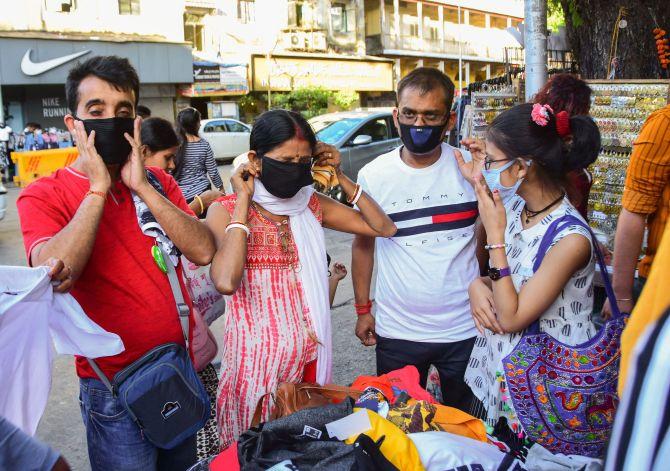While the situation at large is not in your control, what you can essentially control is your reaction to what is happening around you, says Dr Sameer Dwivedi.

While all of us are focusing on the symptoms and treatment of COVID-19, mental health is one aspect of this pandemic that the World Health Organization is discussing earnestly in these trying times.
What is common between the infected and the uninfected of this novel strain of Coronavirus is the effect it has on our mental and emotional well-being.
Starting with the healthcare system and those working on the frontlines, managing this pandemic directly or indirectly, the amount of stress to meet demand and maintain personal health is overwhelming.
Healthcare professionals in countries that have a high number of cases, are already strained and working round the clock.
The fear of getting infected looms large on healthcare workers who are in close contact with Covid-19 cases and suspects, resulting in worry, anxiety and stress, while they continue to care for the sick.
The situation is evolving by the hour with governments issuing notifications, regulations and advisories just about every day.
It is increasingly difficult for people who are struggling to understand the situation, to find credible sources to interpret government policies. Since these changes are imposed on a real-time basis, there is a lot of stress in attempting to keep up with the latest advisories and rules.
As a result, you will probably have a heightened awareness of the outbreak and the risks that you may be exposed to during your travels.
This is likely to be causing you to feel concerned and fearful.
Here are few evidence based practical suggestions that will help you alleviate stress during the crisis.
1. Ensure that that your information comes from authentic and credible sources.
2. Take good care of yourself. Your mind is not an inexhaustible machine. Take time to relax and free your mind of negative thoughts.
3. While the situation at large is not in your control, what you can essentially control is your reaction to what is happening around you.
4. Focus on what you can do and what you can’t. Work towards what you can do to contribute towards preventing the spread of the virus, and not close your eyes and wishing that it will all go away.
5. If you or someone in your family has symptoms, contact a doctor early on, and save yourself from the stress. It may just be a seasonal flu.
6. Sleep eight, feel great. An average person requires about 8 hours of sleep. Don’t lose it over something that has not happened. Practice sleep hygiene.
7. Worry is an adaptive function which we have evolved over time to help us deal with our problems and find solutions. It is in the power of each one of us to keep it at bay and not affect us in a negative way.
If you are finding that you are feeling overwhelmed by your fears and are struggling to control them; it is likely that this is affecting both your home and work life; and that you would benefit from some professional support.
Rather than trying to deal with this alone, seek the support of a healthcare professional either within your organisation or externally.
Try to consider the impact that the Coronavirus is having on others all over the world; and how your actions can keep both you and others, safe and well.
Dr Samir Dwivedi is medical director, International SOS. He can be contacted on ga@rediff.co.in












 © 2025
© 2025